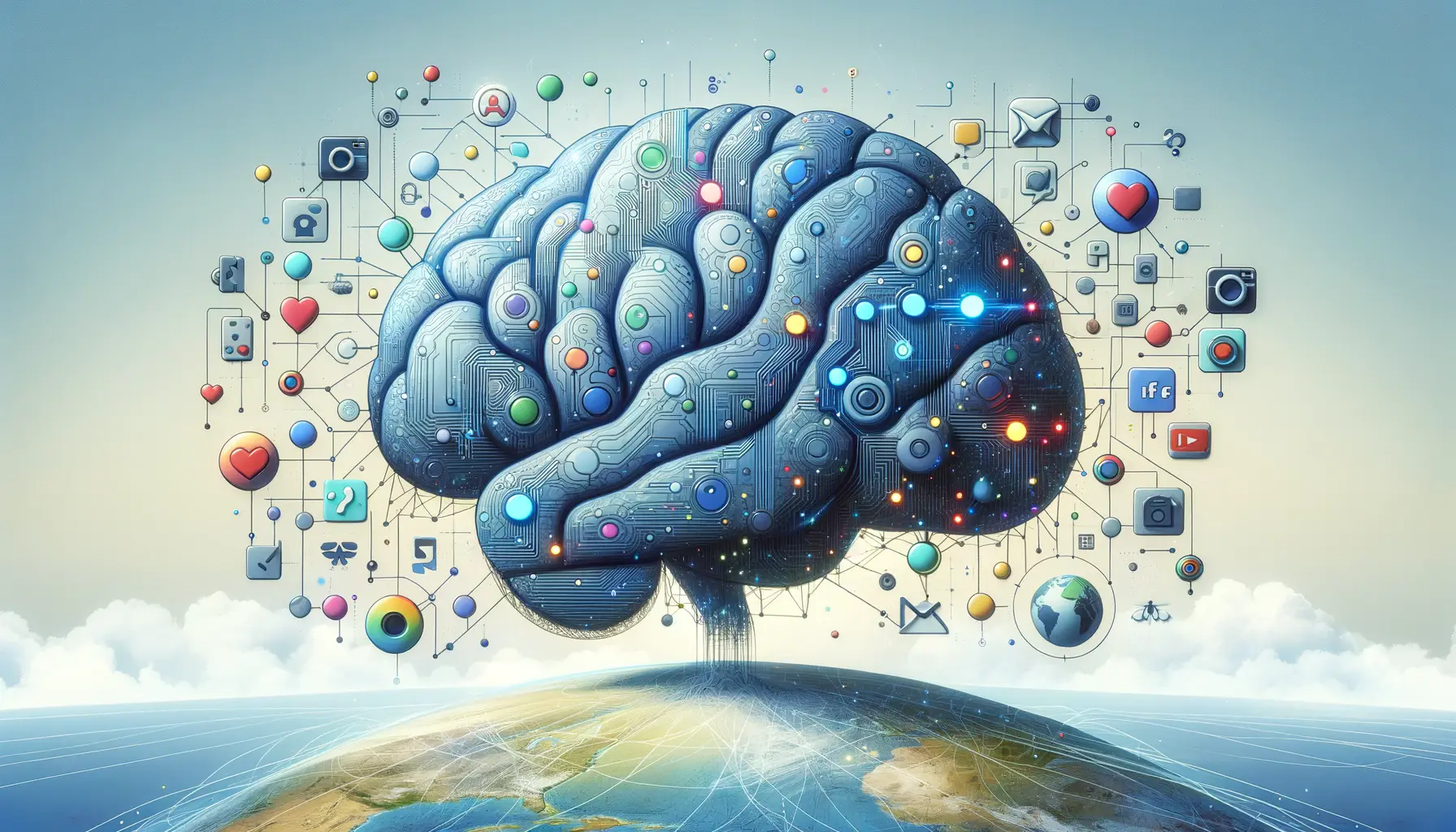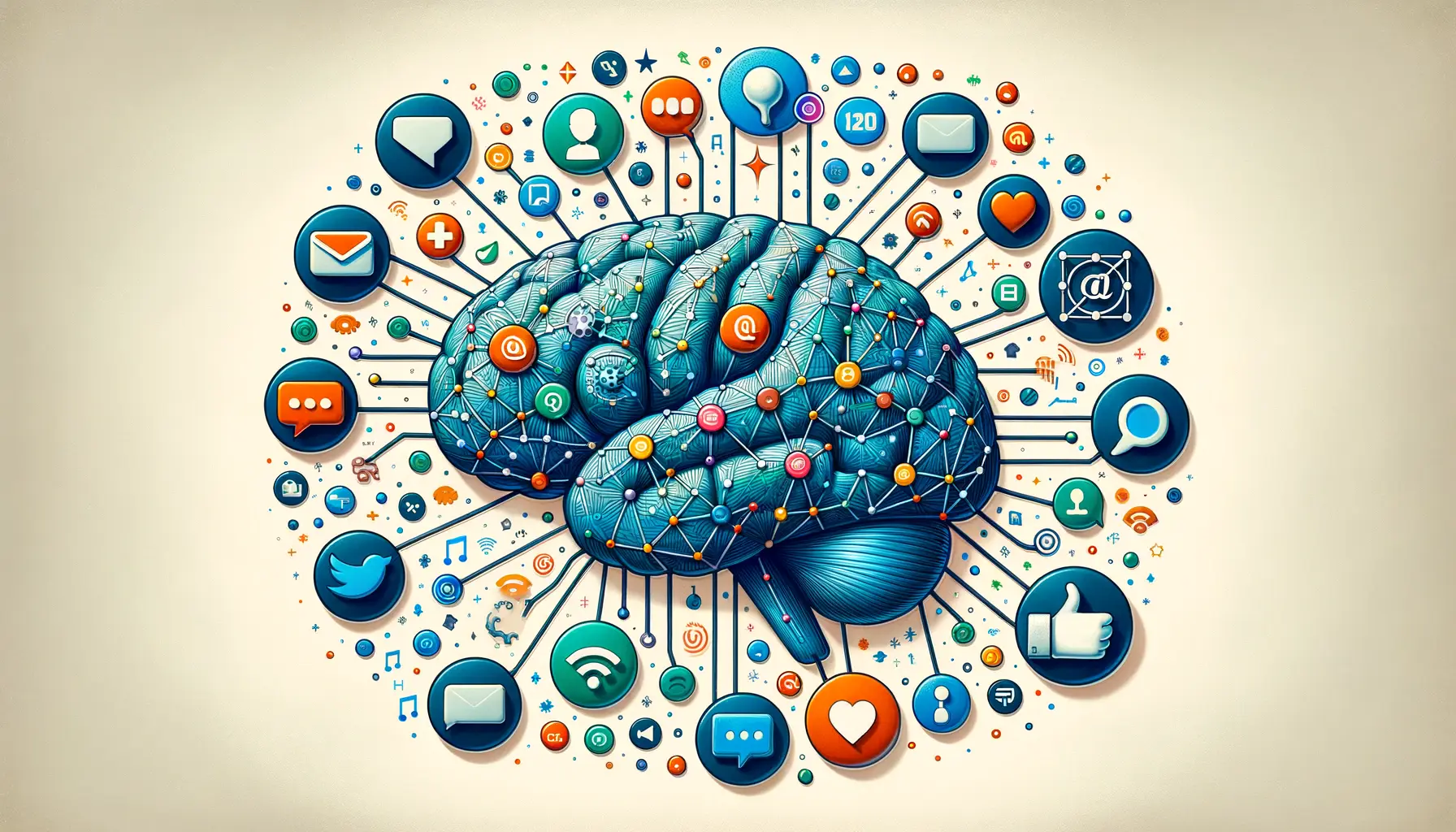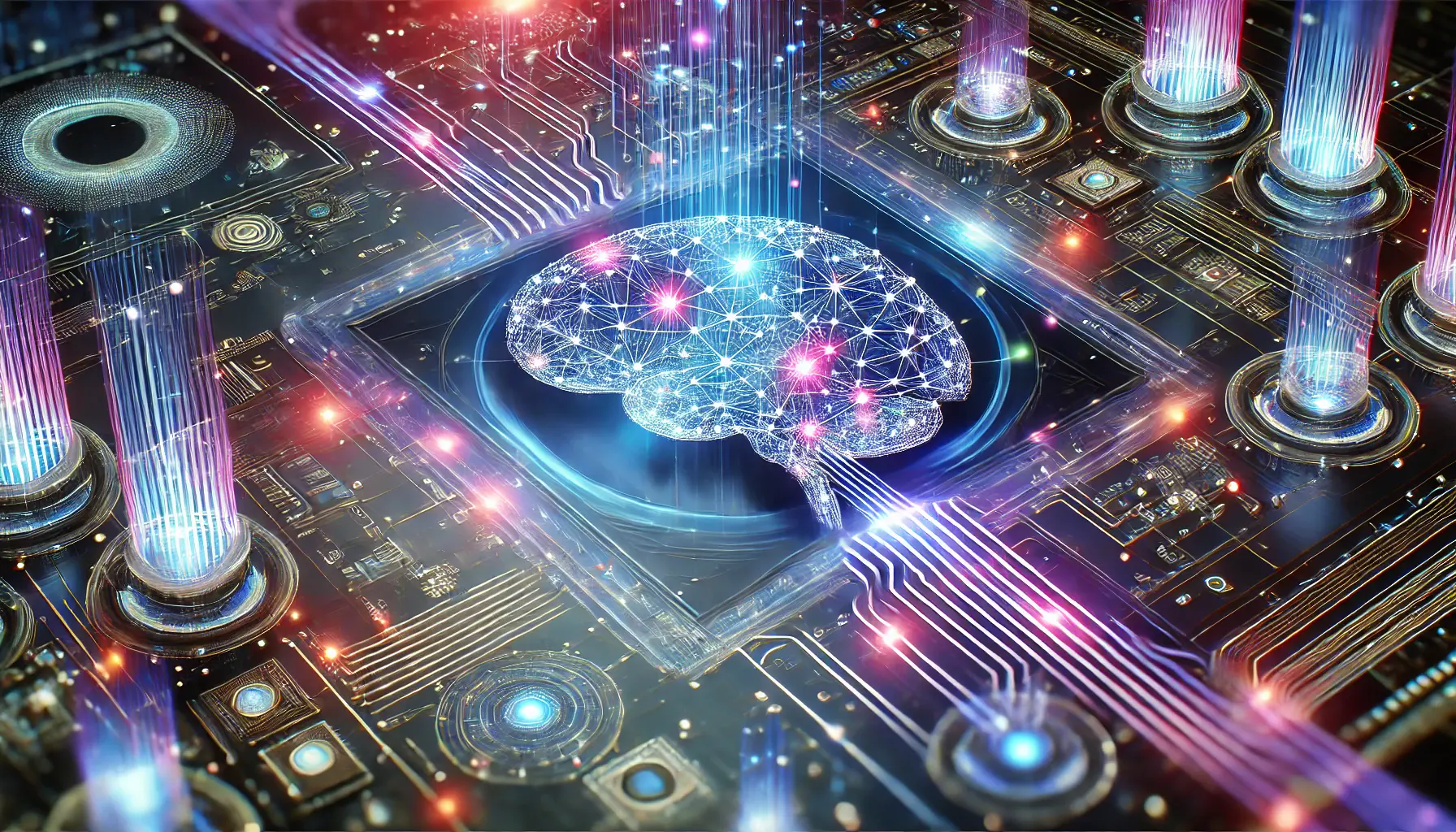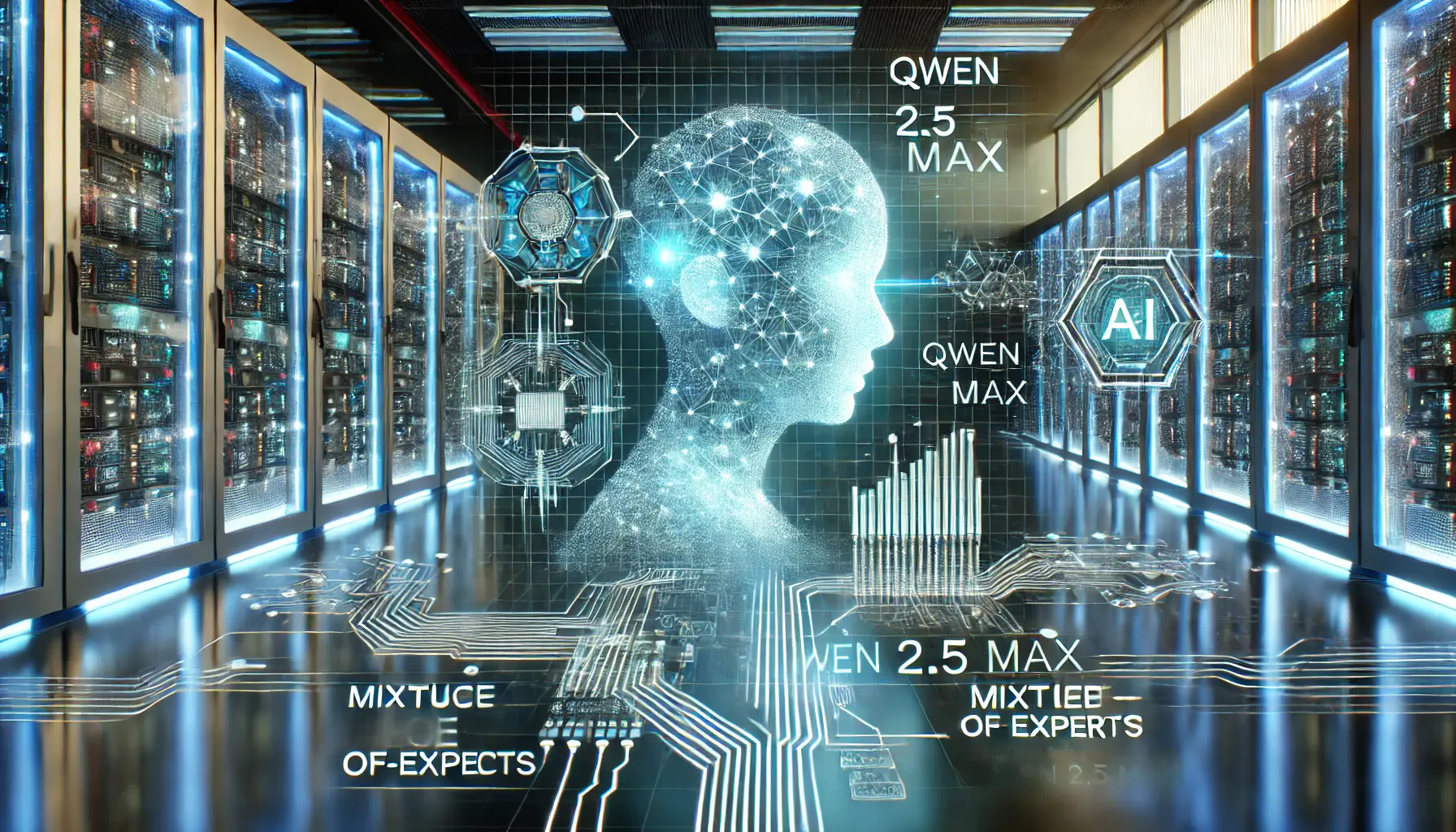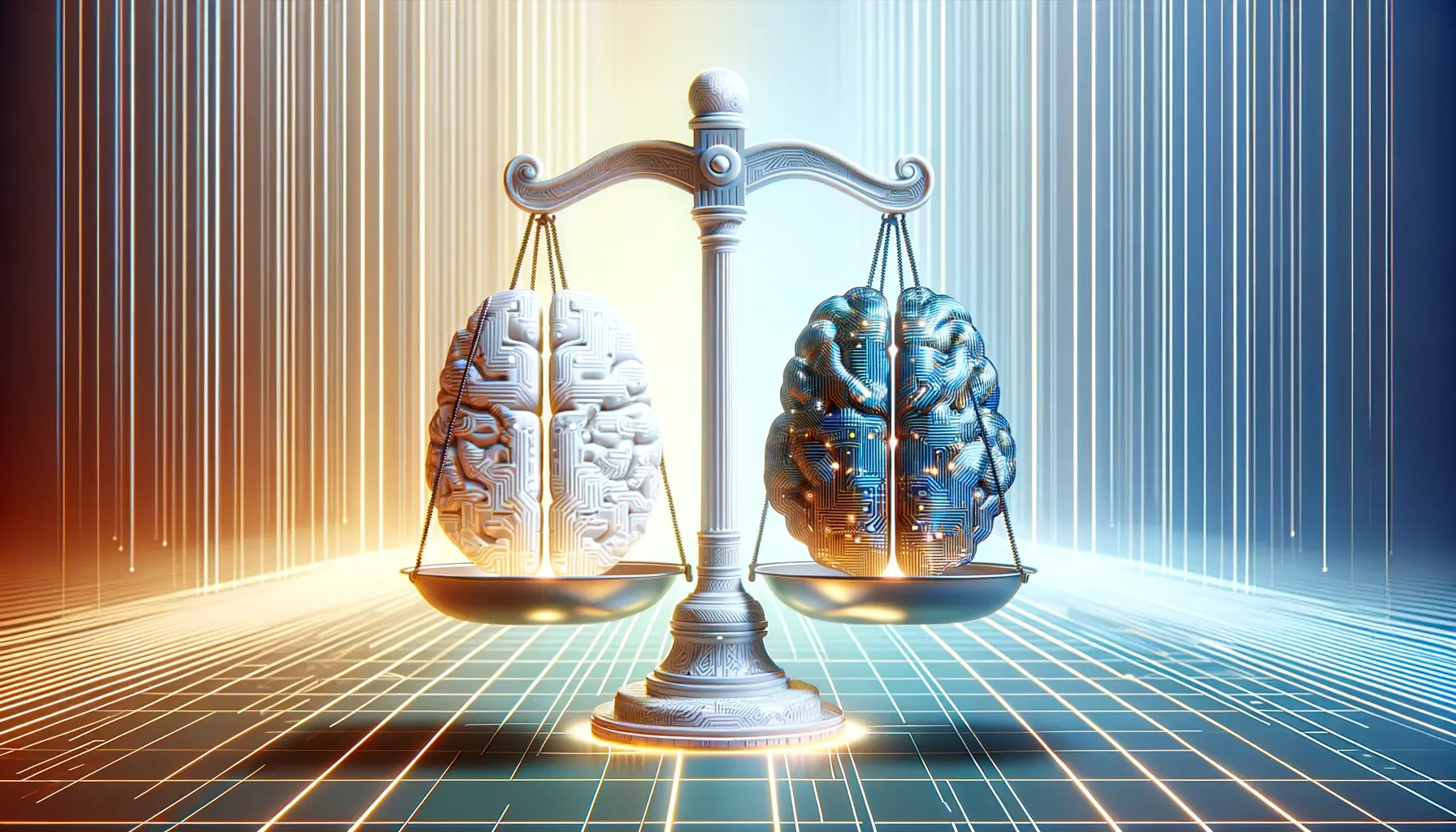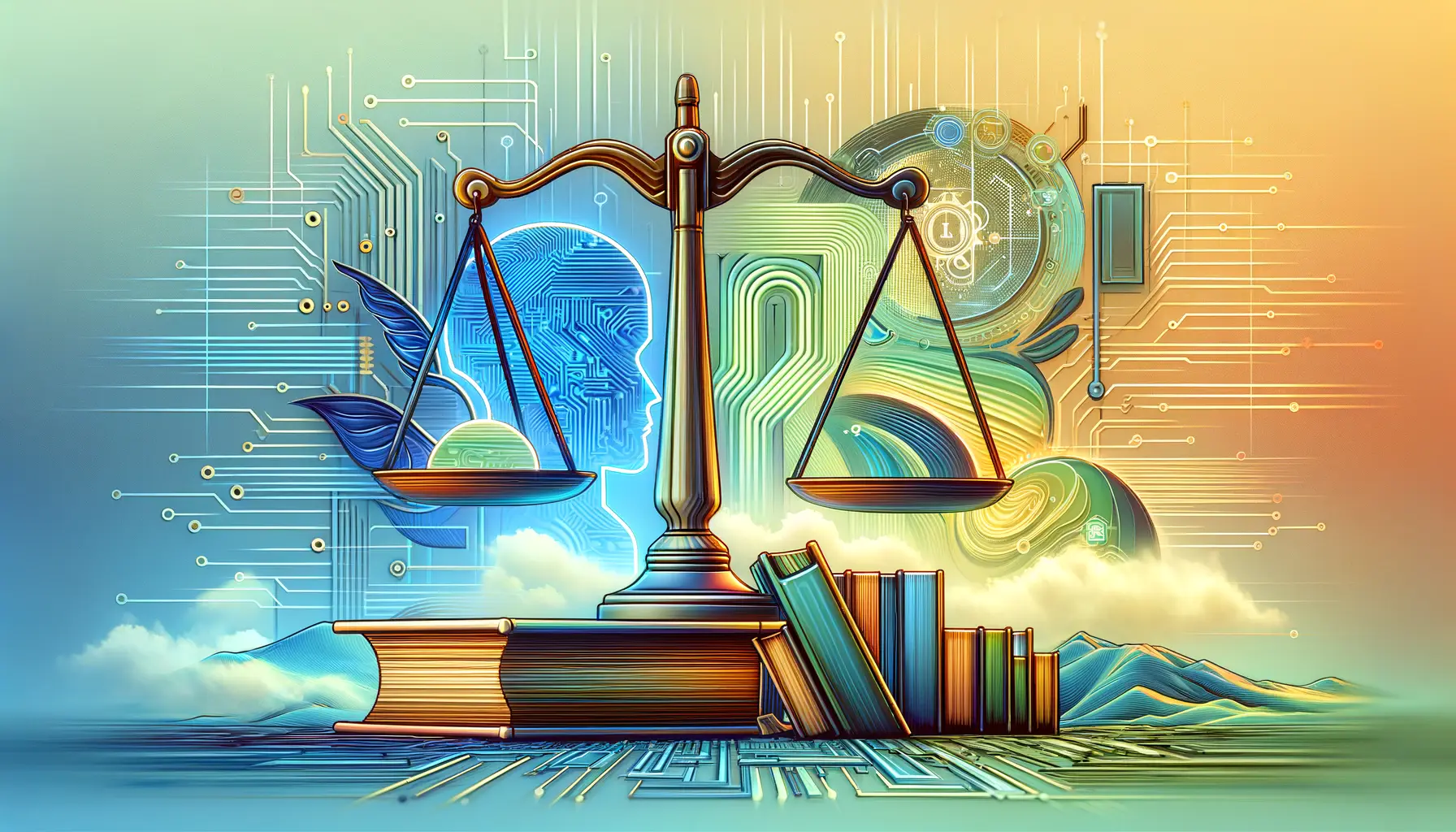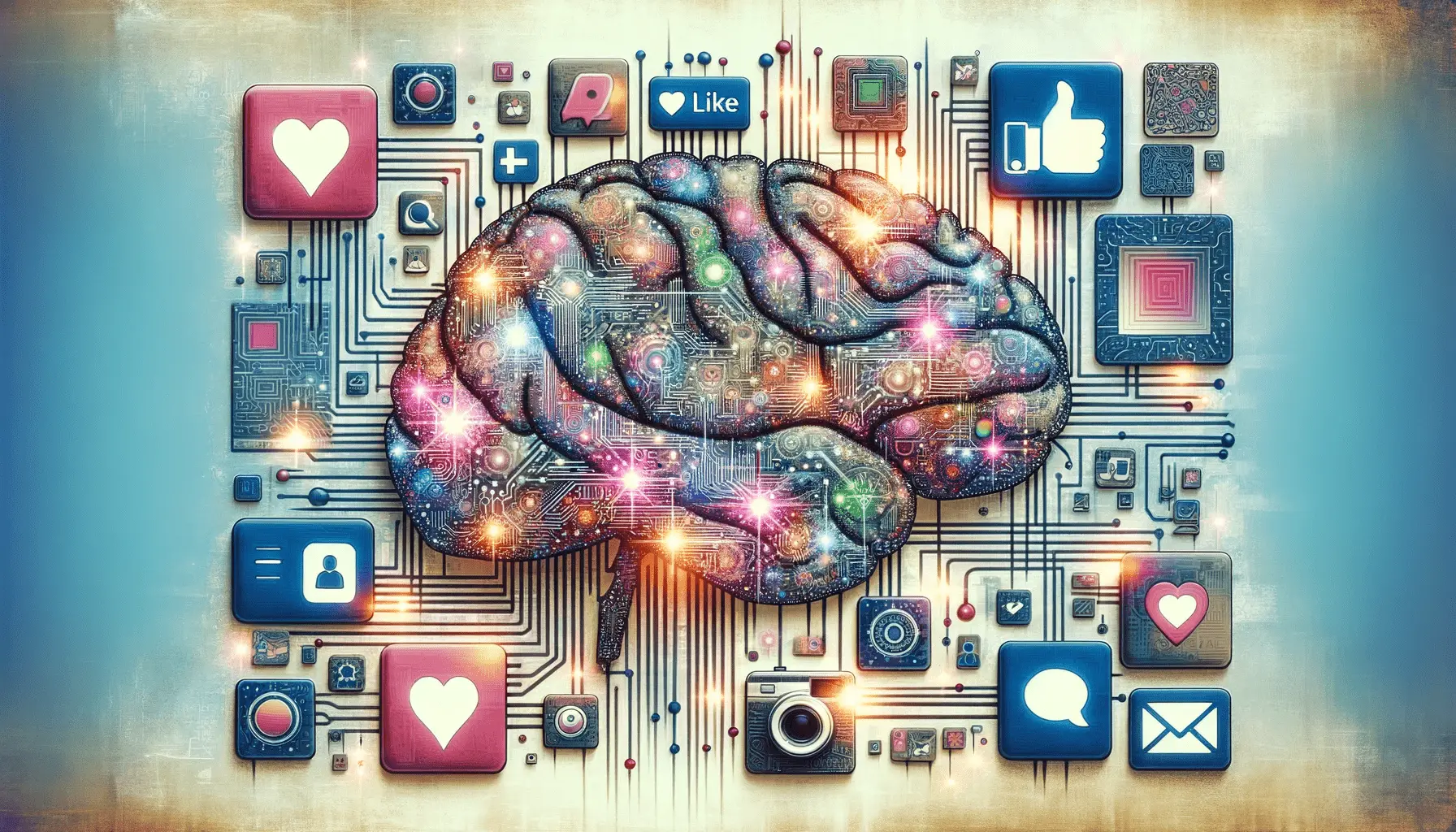The intersection of artificial intelligence (AI) and social media marks a transformative era in digital communication, reshaping how we interact, share information, and perceive the world around us.
As AI technologies become increasingly integrated into social media platforms, they bring about significant benefits, including personalized content delivery, enhanced user engagement, and the automation of mundane tasks.
However, this integration also raises profound ethical concerns that demand careful consideration.
The ethical implications of AI in social media span a broad spectrum, touching on issues of privacy, bias, transparency, and the overall impact on societal norms and individual behaviors.
Understanding the ethics of AI in social media is crucial for developers, users, and policymakers alike.
It involves navigating the delicate balance between leveraging AI to improve user experiences and ensuring that these technologies do not infringe on individual rights or perpetuate harmful biases.
This article delves into the core ethical considerations associated with AI in social media, exploring how these technologies influence both the digital landscape and the broader societal context.
By examining the ethical challenges and opportunities presented by AI in social media, we can begin to chart a path forward that respects human dignity and fosters a more inclusive and equitable digital world.
- Understanding AI’s Role in Social Media
- Privacy and Data Ethics in AI-Enhanced Social Media
- Algorithmic Bias and Discrimination
- Transparency and Accountability in AI Systems
- Impact of AI on Social Dynamics and Mental Health
- Enhancing Ethical AI Through Regulation and Innovation
- Future Directions for AI in Social Media
- Embracing the Ethical Frontier of AI in Social Media
- FAQs on the Ethics of AI in Social Media
Understanding AI’s Role in Social Media
The advent of AI in social media has revolutionized the way platforms curate and deliver content to users.
Algorithms powered by AI analyze vast amounts of data to personalize the user experience, from tailoring news feeds to recommending connections and content.
This level of personalization has made social media platforms more engaging and addictive, keeping users connected and active for longer periods.
However, the mechanisms behind these algorithms are often opaque, leading to questions about how decisions are made and the criteria used to make them.
One of the primary ethical concerns revolves around the issue of privacy.
AI systems require access to personal data to function effectively, raising concerns about how this data is collected, used, and stored.
The potential for surveillance and data misuse is a significant worry for users, who may not fully understand the extent to which their information is analyzed and exploited.
Furthermore, the use of AI in social media has implications for free speech and the dissemination of information, as algorithms can inadvertently censor content or amplify misinformation, influencing public opinion and democratic processes.
AI’s Impact on Content Curation and User Engagement
AI-driven content curation is designed to enhance user engagement by presenting content that is most likely to interest the user.
While this can improve the user experience, it also creates “echo chambers” where users are exposed to a narrow range of ideas and opinions.
This phenomenon can reinforce existing biases and contribute to polarization, as users are less likely to encounter diverse perspectives.
Moreover, the reliance on engagement-based metrics to drive content curation can lead to the amplification of sensationalist, misleading, or harmful content, prioritizing user engagement over content quality and accuracy.
The ethical use of AI in social media also extends to the realm of advertising and marketing.
AI algorithms enable highly targeted advertising based on user behavior and preferences, raising ethical questions about manipulation and the exploitation of psychological vulnerabilities.
The precision of AI-driven targeting can blur the lines between personalized content and invasive surveillance, challenging the boundaries of ethical advertising practices.
Ethical considerations in AI’s role in social media extend beyond technical challenges, touching on fundamental questions about human rights, privacy, and the societal impact of technology.
Privacy and Data Ethics in AI-Enhanced Social Media
The integration of AI into social media platforms has significantly heightened concerns around privacy and data ethics.
As users navigate these digital spaces, they leave behind a trail of data that, when analyzed by AI, can reveal intimate details about their preferences, behaviors, and even their social networks.
This section explores the ethical considerations surrounding privacy and data management in the context of AI-driven social media.
At the heart of the privacy debate is the question of consent.
Users often agree to terms of service without fully understanding the extent to which their data is collected and used.
This raises ethical questions about informed consent and the transparency of data collection practices.
Challenges of Informed Consent
- Complexity of Terms of Service: The legal and technical language used in terms and conditions can obscure the true nature of data collection practices, making it difficult for users to make informed decisions.
- Lack of Transparency: Users are rarely provided with clear, accessible information about how their data is used, who it is shared with, and how it feeds into AI algorithms.
- Opt-Out Difficulties: Even when users are aware of privacy concerns, opting out of data collection practices can be challenging, limiting their control over their own information.
Data Management and Security
- Data Breaches: The vast amounts of personal data collected by social media platforms make them prime targets for cyberattacks, leading to potential data breaches that can expose sensitive user information.
- Data Misuse: There is a risk that collected data can be misused, either by the platforms themselves or by third parties, for purposes that go beyond the original scope of consent, such as surveillance or manipulation.
- AI Bias: The data used to train AI algorithms can reflect existing biases, leading to outcomes that perpetuate discrimination or inequality. Ensuring the ethical use of data in AI requires rigorous oversight and transparency in algorithm development.
The ethical management of user data in AI-enhanced social media is not just a technical issue but a fundamental concern that touches on the rights and dignity of individuals in the digital age.
Algorithmic Bias and Discrimination
The issue of algorithmic bias in AI-driven social media platforms is a critical ethical concern.
Bias in algorithms can lead to discrimination, reinforcing societal inequalities and impacting users in harmful ways.
This part delves into the sources of algorithmic bias and its implications for social media users.
Algorithmic bias occurs when AI systems, through their design or the data they are trained on, produce outcomes that are systematically prejudiced against certain groups of people.
This can manifest in various aspects of social media, from content recommendation to ad targeting, affecting visibility, access to information, and even online interactions.
Sources of Algorithmic Bias
- Data Bias: AI algorithms learn from data. If the data contains biases, the algorithm will likely replicate or even amplify those biases. This is particularly problematic in social media, where historical data may reflect societal prejudices.
- Design Bias: The way an algorithm is designed can introduce bias. For example, if the creators of an AI system prioritize certain metrics over others (like engagement over diversity), it can lead to biased outcomes.
- Feedback Loops: AI systems in social media often create feedback loops. If an algorithm promotes content that engages a particular demographic more, it can diminish the visibility of other types of content, creating a cycle that reinforces initial biases.
Implications of Algorithmic Bias
- Reinforcement of Stereotypes: Biased algorithms can perpetuate stereotypes, presenting users with content that reinforces prejudiced views or discriminates against certain groups.
- Impact on Democracy: Bias in content recommendation algorithms can influence public opinion and political discourse, potentially skewing democratic processes by amplifying certain voices over others.
- Economic Disparities: In the context of advertising and job postings, algorithmic bias can lead to unequal opportunities, disproportionately affecting marginalized communities.
Addressing algorithmic bias requires a multifaceted approach, including diverse data sets, transparent algorithmic processes, and ongoing monitoring for biased outcomes.
Transparency and Accountability in AI Systems
As AI continues to shape the landscape of social media, the need for transparency and accountability in AI systems becomes increasingly paramount.
These principles are essential for building trust between users and platforms, ensuring that AI technologies are used responsibly and ethically.
This section examines the importance of transparency and accountability in the context of AI-enhanced social media, highlighting the challenges and potential solutions.
Transparency in AI involves clear communication about how AI systems work, the data they use, and the decision-making processes they employ.
Accountability, on the other hand, refers to the mechanisms in place to hold developers and platforms responsible for the outcomes of their AI systems, including any negative impacts on users or society at large.
Challenges to Achieving Transparency
- Complexity of AI Algorithms: The intricate and often proprietary nature of AI algorithms makes it difficult for platforms to provide a clear and understandable explanation of how these systems operate.
- Trade Secrets: Social media companies may be reluctant to disclose detailed information about their AI systems, fearing that it could compromise their competitive advantage.
- User Engagement: There is a concern that full transparency might lead to manipulation of the system by users or advertisers, potentially undermining the effectiveness of AI algorithms.
Pathways to Enhancing Accountability
- Independent Audits: Regular audits by independent third parties can help ensure that AI systems are operating as intended and adhering to ethical standards.
- User Feedback Mechanisms: Providing users with the ability to report concerns or biases they encounter in AI-driven content can help platforms identify and address issues more effectively.
- Regulatory Frameworks: Developing and enforcing regulatory standards for AI in social media can provide a baseline for accountability, ensuring that platforms are held responsible for the ethical deployment of AI technologies.
Fostering transparency and accountability in AI systems is not just a technical challenge but a moral imperative, requiring concerted efforts from all stakeholders involved.
Impact of AI on Social Dynamics and Mental Health
The proliferation of AI in social media not only transforms the digital landscape but also significantly influences social dynamics and mental health.
The algorithms that curate content and facilitate interactions on these platforms can shape social behaviors, affect self-esteem, and alter perceptions of reality.
This part explores the complex relationship between AI-driven social media and its impact on mental health and societal norms.
While AI can enhance the user experience by providing personalized content, it also raises concerns about the psychological effects of such personalization, including the potential for addiction, the spread of misinformation, and the impact on mental well-being.
AI and Social Comparison
- Enhanced Personalization: AI-driven personalization can lead to an intensified experience of social comparison, as users are constantly exposed to curated content that highlights the achievements and lifestyles of others, potentially leading to feelings of inadequacy and low self-esteem.
- Feedback Loops: The feedback loops created by AI algorithms can exacerbate the effects of social comparison, as they tend to promote content that generates strong emotional reactions, including envy and dissatisfaction.
Misinformation and Mental Health
- Spread of Misinformation: AI algorithms optimized for engagement can inadvertently prioritize sensational or misleading content, contributing to the spread of misinformation and creating a distorted perception of reality.
- Impact on Mental Health: Exposure to constant misinformation and negative content can have detrimental effects on mental health, leading to anxiety, stress, and a pervasive sense of mistrust in information sources.
AI’s Role in Social Connectivity
- Facilitating Connections: AI has the potential to enhance social connectivity by suggesting new friends and communities based on shared interests, thereby fostering a sense of belonging and support.
- Risks of Isolation: However, the same algorithms can also lead to a narrowing of social circles and echo chambers, potentially isolating users from diverse perspectives and real-world interactions.
The ethical deployment of AI in social media requires a careful balance between leveraging technology to enhance connectivity and guarding against its potential to disrupt social dynamics and impact mental health.
Enhancing Ethical AI Through Regulation and Innovation
The rapid advancement and integration of AI in social media necessitate a robust framework for ethical oversight.
This involves not only the development of innovative technologies that prioritize ethical considerations but also the implementation of regulatory measures to ensure these technologies are used responsibly.
This section outlines the dual approach of regulation and innovation in promoting ethical AI in social media.
Regulation plays a crucial role in setting standards and guidelines for the ethical use of AI, while innovation offers the potential to address ethical challenges through technological advancements.
Together, they provide a pathway towards more ethical AI applications in social media.
Regulatory Frameworks for Ethical AI
- Global Standards: Developing global standards for AI ethics can help ensure consistency and fairness in how AI technologies are deployed across different platforms and countries.
- Privacy Protections: Regulations focused on data privacy, such as the General Data Protection Regulation (GDPR) in the European Union, offer a model for safeguarding user information in the age of AI.
- Transparency Requirements: Mandating transparency in AI algorithms can help demystify the decision-making processes of AI systems, allowing users to understand how their data is used and how content is curated.
Innovative Solutions for Ethical Challenges
- Explainable AI (XAI): Developing AI systems that are not only effective but also explainable can enhance transparency and trust, making it easier for users to understand and interact with AI technologies.
- De-biasing Techniques: Innovations in AI research are focused on identifying and mitigating biases in AI algorithms, ensuring that AI-driven decisions are fair and equitable.
- User Empowerment Tools: Creating tools that empower users to control their digital experience, such as customizable privacy settings and content filters, can help mitigate some of the ethical concerns associated with AI in social media.
The pursuit of ethical AI in social media is a dynamic and ongoing process, requiring the collaboration of technologists, policymakers, and users to navigate the complex interplay of innovation and regulation.
Future Directions for AI in Social Media
The future of AI in social media holds both immense potential and significant challenges.
As technology continues to evolve, the ways in which AI is applied within social media platforms will undoubtedly transform the digital landscape even further.
This final section explores the anticipated developments in AI technology and their potential impact on social media, highlighting the importance of ethical considerations in shaping the future of digital interactions.
Advancements in AI will lead to more sophisticated algorithms capable of delivering highly personalized content, predicting user preferences with greater accuracy, and facilitating even more engaging social media experiences.
However, as these technologies become more embedded in social media platforms, the ethical implications of their use will become increasingly complex and far-reaching.
Advancements in Personalization and User Experience
- Deep Learning: The application of deep learning techniques will enable AI systems to understand user preferences and behaviors at an unprecedented level, offering content that is even more tailored to individual users.
- Augmented Reality (AR) and Virtual Reality (VR): The integration of AR and VR technologies with AI will create immersive social media experiences, blurring the lines between digital and physical realities.
Challenges and Ethical Considerations
- Data Privacy: As AI technologies become more capable, the amount of data collected and analyzed will increase, raising significant privacy concerns that must be addressed through both technological solutions and regulatory measures.
- Algorithmic Transparency: Ensuring the transparency of increasingly complex AI algorithms will be crucial for maintaining user trust and understanding the basis for content curation and recommendation decisions.
- Societal Impact: The broader societal implications of AI in social media, including its impact on democracy, social cohesion, and mental health, will require ongoing scrutiny and proactive management.
The trajectory of AI in social media is a testament to the incredible potential of technology to enhance human connections and experiences.
Yet, as we venture further into this digital frontier, the ethical dimensions of AI deployment must remain at the forefront of innovation and regulation.
By prioritizing ethical considerations, we can ensure that the future of social media remains inclusive, equitable, and beneficial for all users.
Embracing the Ethical Frontier of AI in Social Media
The exploration of the ethics of AI in social media uncovers a landscape filled with both promise and peril.
As AI technologies continue to evolve, their integration into social media platforms has the potential to redefine human interaction, information dissemination, and personal privacy.
The journey towards ethical AI in social media is not a straightforward path but a complex navigational challenge that requires the collective effort of developers, users, and policymakers.
This conclusion aims to synthesize the insights gathered throughout the article, offering a forward-looking perspective on how we can harness the benefits of AI while safeguarding against its risks.
Key Takeaways and Ethical Imperatives
- Transparency and accountability in AI systems are non-negotiable for fostering trust and understanding among users.
- Addressing algorithmic bias is essential for ensuring fairness and equity in the digital realm.
- Protecting user privacy must be a cornerstone of AI development in social media, with clear consent mechanisms and robust data protection measures.
- Innovation and regulation must work hand in hand to guide the ethical evolution of AI technologies in social media.
The ethics of AI in social media is a dynamic field that reflects broader societal values and concerns.
As we look to the future, the ongoing dialogue between technology and ethics will shape the development of social media platforms and their impact on society.
The potential of AI to enhance social media experiences is immense, offering opportunities for deeper connections, more engaging content, and innovative forms of interaction.
However, realizing this potential requires a commitment to ethical principles that prioritize the well-being of users and the health of the digital ecosystem.
Charting the Future of Ethical AI in Social Media
The future of AI in social media will be defined by our ability to navigate the ethical challenges it presents.
By fostering an environment of openness, accountability, and inclusivity, we can ensure that AI technologies serve the greater good.
The path forward involves not only technological innovation but also ethical introspection and societal engagement.
As we continue to explore the vast possibilities of AI, let us remain steadfast in our commitment to the principles of ethics that guide us towards a more equitable and connected world.
FAQs on the Ethics of AI in Social Media
Explore common questions surrounding the ethical use of artificial intelligence in social media platforms.
AI enhances user experience through content personalization, targeted advertising, and efficient content moderation on social media platforms.
AI-driven data analysis can compromise user privacy if not managed with strict data protection and transparency measures.
Key concerns include data privacy, algorithmic bias, lack of transparency, and the potential for manipulation or misinformation.
Yes, if AI algorithms are trained on biased data, they can perpetuate or amplify existing societal biases and discrimination.
By providing clear explanations of how algorithms work, the data they use, and the decision-making processes behind content curation.
Implementing strict data protection policies, conducting regular algorithm audits, and fostering user engagement and feedback mechanisms.
AI aids in efficiently identifying and moderating harmful content, but requires human oversight to navigate complex ethical considerations.
Advancements in explainable AI, de-biasing techniques, and user empowerment tools are anticipated to address current ethical challenges.
